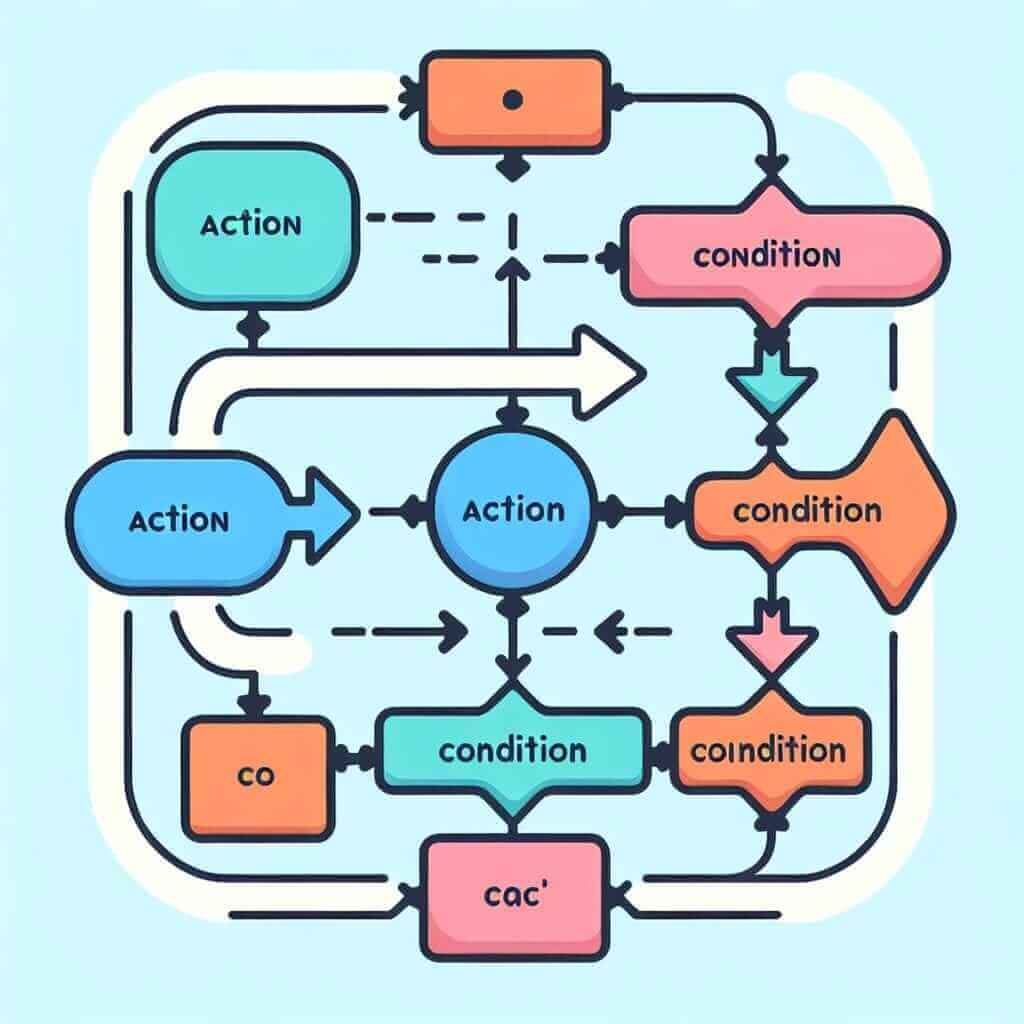Many IELTS candidates struggle with expressing hypothetical situations and their consequences, especially in Writing Task 2 essays or Speaking Part 3. One common structure that can elevate your language use is the conditional clause. Today, we’ll be analyzing a specific type: “Should it become necessary, we will act”, exploring its nuances and how it can help you achieve a higher band score.
Here are a few examples of how this construction might appear in different sections of the IELTS exam:
Speaking Part 3:
- “Should it become necessary to implement stricter environmental regulations, do you believe the government should take action?”
Writing Task 2:
- “Some argue that space exploration is a waste of resources. Others believe it’s essential for the future of humanity. Should it become necessary to prioritize funding, what should take precedence?”
In these examples, the “Should it become necessary…” construction introduces a hypothetical situation, setting the stage for the speaker or writer to discuss potential actions or consequences.
Understanding “Should It Become Necessary…”
This phrase utilizes an inversion typical of more formal English. “Should it become necessary…” is a more formal and emphatic way of saying “If it becomes necessary…”. It emphasizes the conditional nature of the situation, implying that action will only be taken if absolutely required.
Let’s dissect the phrase:
- “Should”: This modal verb introduces the conditional clause and indicates a hypothetical situation.
- “It”: This pronoun refers back to a previously mentioned situation, problem, or action.
- “Become necessary”: This phrase underscores the condition that needs to be met for the subsequent action to occur.
- “We will act”: This main clause states the consequence or action that will be taken if the condition in the “should” clause is met.
Grammar Structure and Application
The phrase exemplifies a first conditional clause, even though it uses inversion and appears more formal. Here’s the basic structure:
Should + subject + verb (base form)…, subject + will/would + verb (base form).
IELTS Task Application:
-
Writing Task 2 (Opinion/Discussion): This construction is particularly useful when you want to present a balanced viewpoint or suggest actions that should be taken only under specific circumstances.
-
Speaking Part 3: When discussing complex societal issues, this phrase can help you express your opinions with nuance and sophistication, demonstrating a strong command of grammatical structures.
Using “Should It Become Necessary…” Effectively in IELTS
Writing Example:
“While some believe that artificial intelligence poses a significant threat to humanity, others argue that it holds immense potential for progress. Should it become necessary, however, to regulate the development of AI, governments and international organizations must collaborate to establish ethical guidelines and ensure responsible innovation.”
Analysis: The use of “Should it become necessary” introduces a balanced perspective. It acknowledges the potential risks of AI while suggesting that regulation should only occur if the situation demands it.
Speaking Example:
“Should it become necessary to address climate change more aggressively, I think investing in renewable energy sources is crucial. However, it’s also important to consider the economic impact of such a transition.”
Analysis: In this example, the speaker uses the phrase to express a nuanced opinion. They believe that aggressive action on climate change might be necessary but acknowledge the need to balance environmental concerns with economic considerations.

Elevating Your Language for a Higher Band Score
Instead of simply stating “if” all the time, consider these variations to add variety and demonstrate a wider range of grammatical structures:
- In the event that… (more formal)
- Provided that… (introduces a condition)
- Unless… (indicates an exception)
By incorporating these phrases strategically, you can showcase your vocabulary and grammatical range, which are key factors in achieving a higher band score in the IELTS exam.
Common Errors and How to Avoid Them
- Incorrect verb tense: Remember to use the base form of the verb after “should” in the conditional clause.
- Incorrect: Should it becomes necessary…
- Correct: Should it become necessary…
- Missing comma: Use a comma to separate the conditional clause from the main clause.
- Overuse: While effective, avoid overusing this construction. Use it judiciously to maintain a natural flow in your writing or speaking.
Conclusion
Mastering conditional clauses, especially those using inversion like “Should it become necessary…”, can significantly enhance your ability to express complex ideas effectively in the IELTS exam. By understanding the structure, practicing its application, and exploring variations, you can add sophistication and clarity to your language, paving the way for a higher band score. Remember to review the common errors and practice using this construction in various contexts to feel confident on exam day.